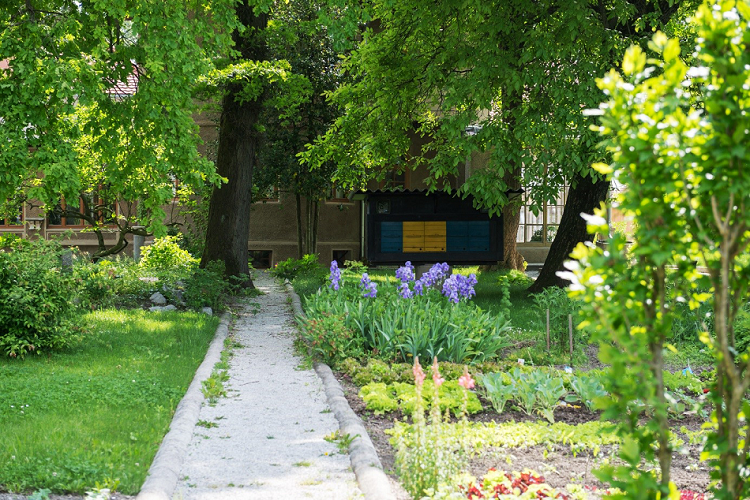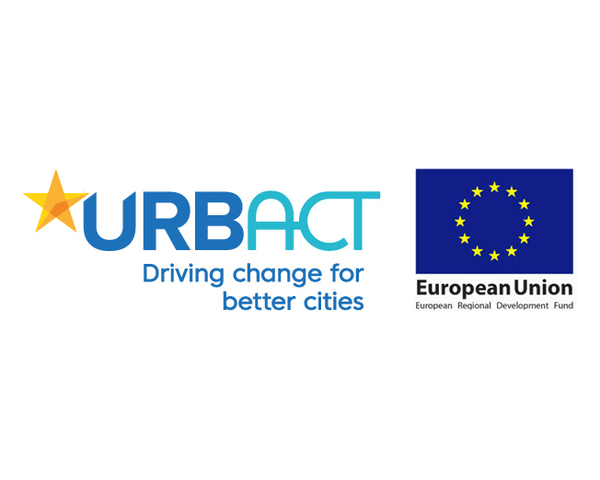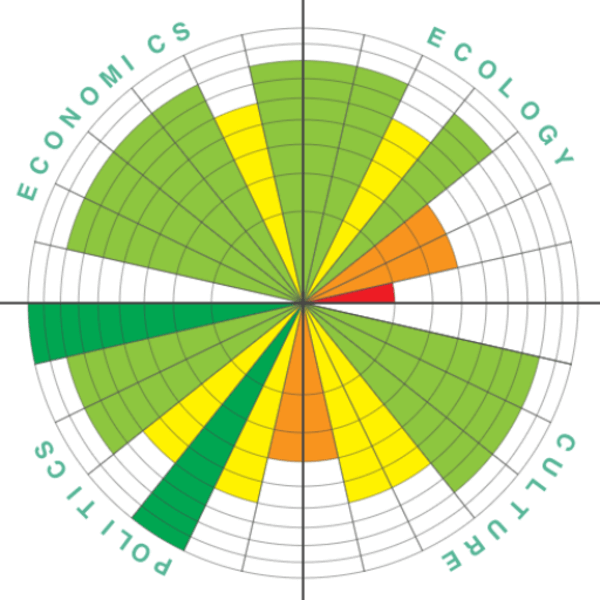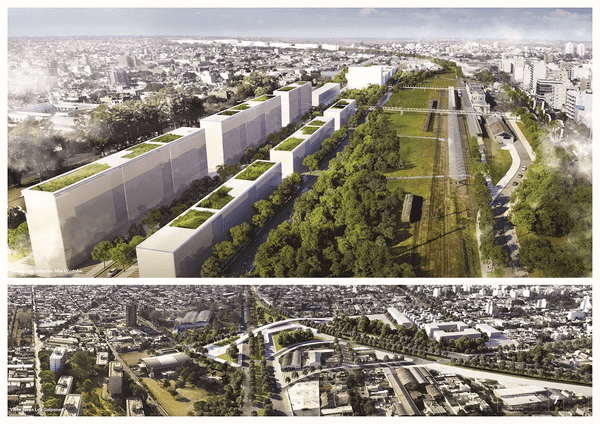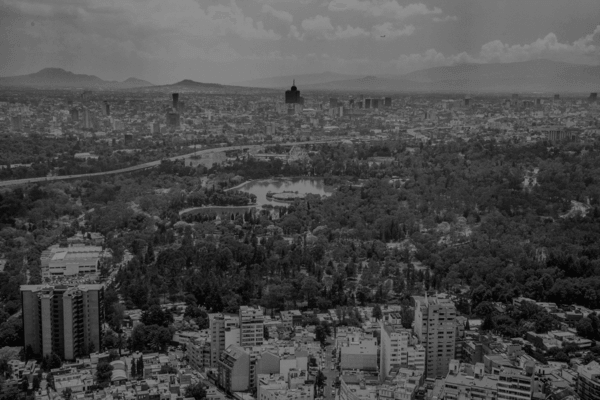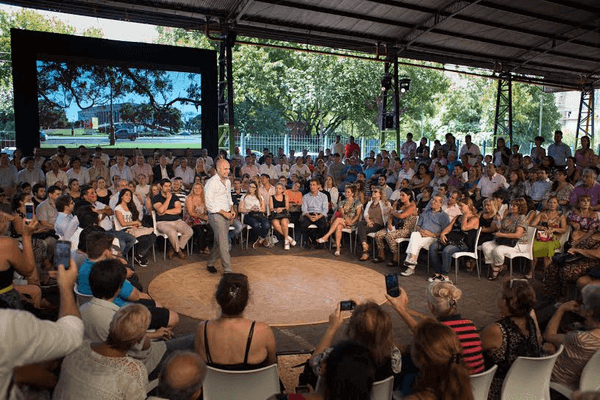City
Ljubljana
Main actors
City Government, NGO / Philanthropy, Community / Citizen Group, other
Project area
Whole City/Administrative Region
Duration
Ongoing since 2015
The Bee Path promotes public awareness of how significant bees are to food security, biodiversity and the long term sustainability of the city.
The City of Ljubljana unveiled the Bee Path in 2015, offering visitors a unique opportunity to understand the vital role played by bees in the city's ecosystem. The path is thoughtfully designed to educate people about the value of honey in our daily diet and to delve into the rich beekeeping heritage deeply ingrained in the city's culture. The city actively promotes environmentally friendly beekeeping practices, not only by preserving forested areas within its boundaries but also by planting honey-producing trees and perennial plants in public green spaces. Additionally, through co-financing bee associations, the city has contributed to raising the professional competence of beekeepers.
Numerous stakeholders, including educational institutions, cultural and health organizations, businesses, NGOs, and, of course, beekeepers, have come together to organize a variety of promotional activities and events. These initiatives aim to inform and engage the public, highlighting the significance of bees and fostering a deeper appreciation for their importance in our ecosystem.
URBACT Good Practice Label
This project was awarded the 'URBACT Good Practice Label' in 2017.
On Map
The Map will be displayed after accepting cookie policy
